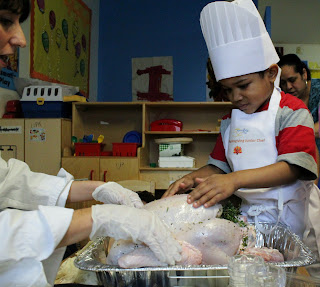Dr. Peter Provet, president of Odyssey House, responds to a recent article on the steep increase in daily marijuana use among high school students.
Re “Regular Marijuana Use by High School Students Hits New Peak, Report Finds” (news article, Dec. 15):
That daily marijuana use among high school students has reached a 30-year peak is an alarming statistic but not a surprising one. Research has been logging an upward trend in the drug’s use for several years, at the same time showing a downward or plateauing trend in misuse by adolescents of other drugs like heroin and crack cocaine. But these trends have little or no effect on the teenage user whose life is spinning out of control.
Youths who abuse marijuana fill adolescent treatment centers with tragically similar stories of emotional and academic disruption. While most teenage marijuana users do not need treatment, the drug’s effect on their lives can still be significant.
Given an escalation of use, it is these youngsters we risk losing — only this time it won’t be to heroin or cocaine but to a new, highly potent strain of marijuana that is unrecognizable to earlier generations. As the effect of medical marijuana becomes fully realized, will policy makers have the courage to limit its proliferation?
PETER PROVET
President and Chief Executive
Odyssey House
New York, Dec. 19, 2011
President and Chief Executive
Odyssey House
New York, Dec. 19, 2011




 Join us at mile 19 to hand out water to the marathon runners and cheer on the
Join us at mile 19 to hand out water to the marathon runners and cheer on the 


















